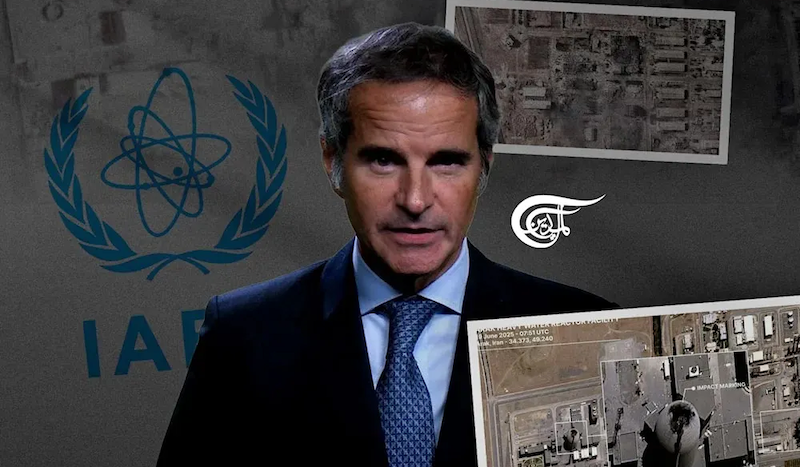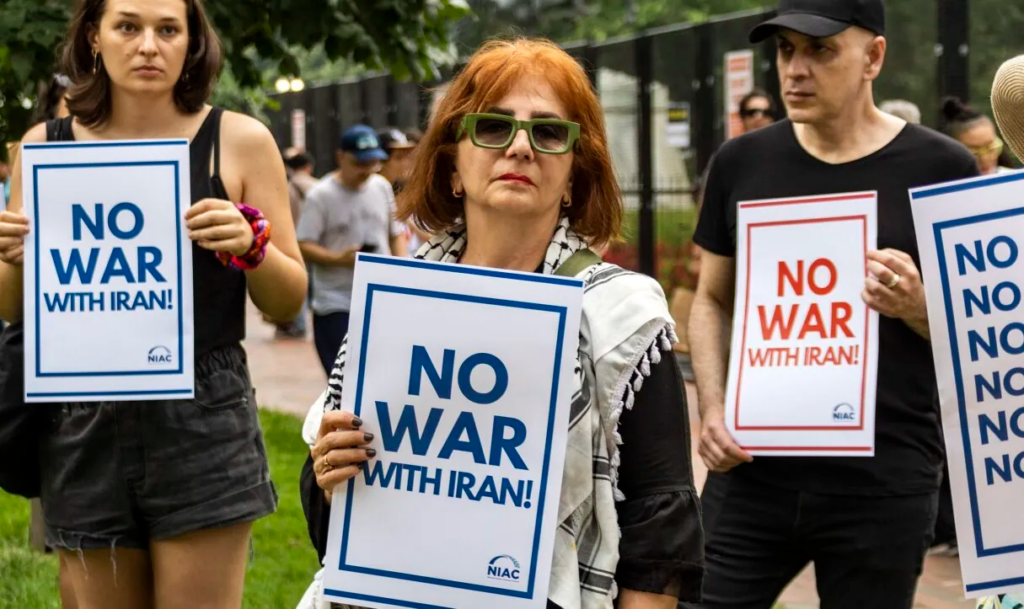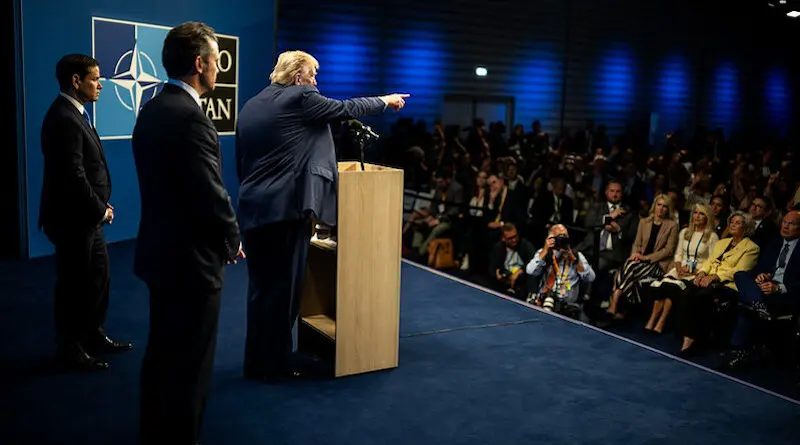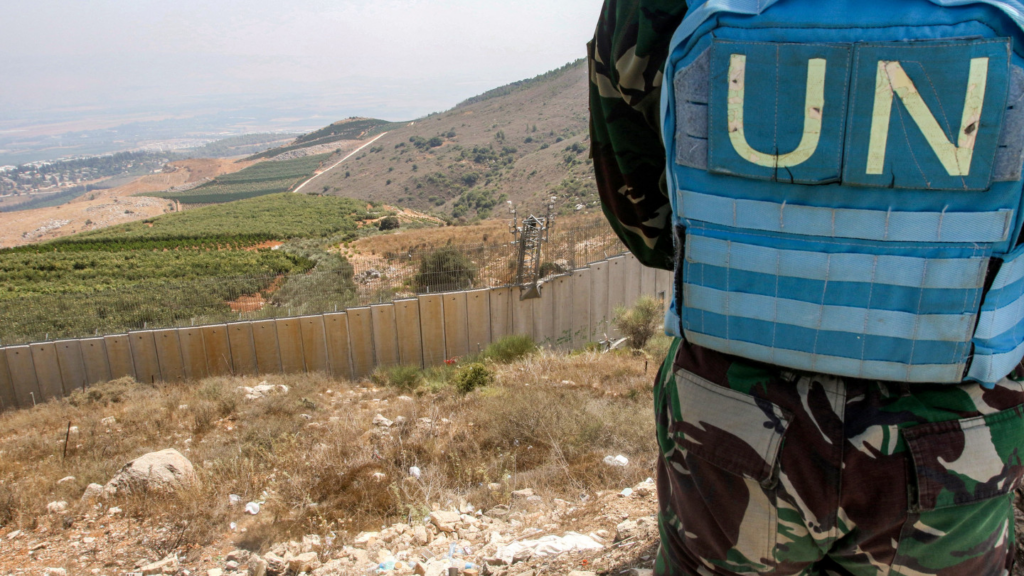Espionnage pour le compte de l’ennemi : méfiez-vous des organisations «intergouvernementales»

Le 13 juin, l’entité sioniste a mené une attaque militaire criminelle et non provoquée contre l’Iran. Bien que son impact ait été limité, la riposte de Téhéran ayant été bien plus dévastatrice, l’assassinat ciblé par Israël d’un certain nombre de scientifiques nucléaires iraniens indique que Tel-Aviv connaissait leur identité et leur localisation. Par coïncidence, la veille de l’attaque, Press TV a publié des documents indiquant que l’Agence internationale de l’énergie atomique a précédemment fourni aux services du renseignement israéliens les noms de plusieurs scientifiques nucléaires iraniens qui ont ensuite été assassinés.







